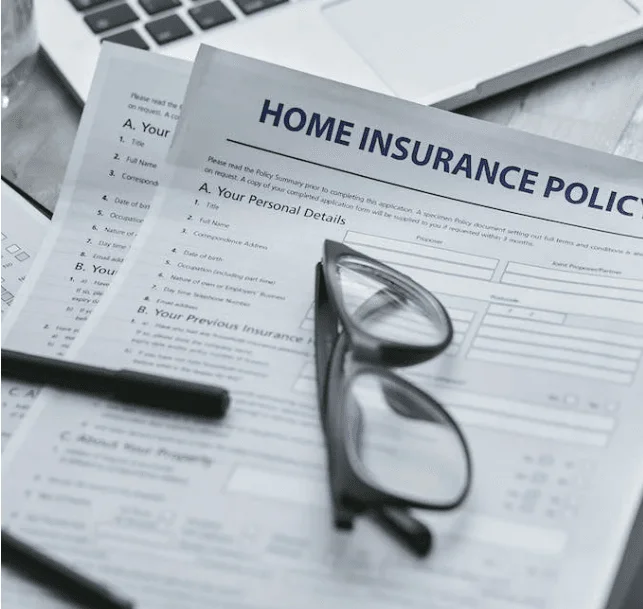 Homeowner's insurance is a crucial component of property ownership, providing financial protection in case of unexpected disasters or accidents. The right coverage can mean the difference between recovering from a devastating event and suffering immense financial hardship.
Homeowner's insurance is a crucial component of property ownership, providing financial protection in case of unexpected disasters or accidents. The right coverage can mean the difference between recovering from a devastating event and suffering immense financial hardship.
In this article, we will explore the factors you need to consider when determining how much homeowners insurance coverage you need.
Rebuilding Cost
One of the main considerations when determining your homeowner's insurance coverage is the cost of rebuilding your home if it is destroyed by a covered event such as a fire, hurricane, or tornado.
You can consult with a local contractor, use an online rebuilding cost calculator, or hire a professional appraiser to estimate this cost. It is important to consider factors such as local labor and material costs and any unique features of your home that may increase rebuilding expenses.
Personal Property Coverage
Your homeowner's insurance should also cover replacing your personal belongings in case of theft or damage. This includes items such as furniture, appliances, electronics, and clothing.
A general rule of thumb is to ensure that your personal property coverage is at least 50-75% of your home's insured value. You can create an inventory of your belongings and their respective values to help determine the appropriate amount of coverage.
Additional Living Expenses (ALE)
If your home becomes uninhabitable due to a covered event, you may need to temporarily live elsewhere while your home is being repaired or rebuilt. Additional Living Expenses (ALE) coverage helps cover the costs of temporary housing, meals, and other living expenses during this period.
To determine the appropriate amount of ALE coverage, consider the length of time it may take to rebuild your home and the average cost of living in your area.
Liability Protection
Liability coverage is another essential aspect of homeowners insurance, as it protects you financially in case someone is injured on your property and decides to sue. The standard amount of liability coverage is usually around $100,000 to $300,000.
Still, it would help to consider factors such as the likelihood of accidents occurring on your property, the value of your assets, and your risk tolerance when determining the appropriate amount.
Endorsements and Riders
Some homeowners may need additional coverage for specific items or circumstances not covered by a standard policy.
Endorsements and riders can provide extra protection for high-value items, such as jewelry or artwork, or cover specific perils, such as flood or earthquake damage. Consider your unique needs and risks when determining if you require any additional coverage.
Determining the right amount of homeowners insurance coverage can be a complex process. Still, ensuring you are adequately protected in the event of a disaster or accident is essential.
By carefully considering the cost of rebuilding your home, the value of your personal belongings, additional living expenses, liability protection, and any endorsements or riders you may need, you can establish a comprehensive insurance policy that provides peace of mind and financial security.
Consult with an insurance agent or financial advisor to tailor a policy that best meets your needs and circumstances. Enjoy the peace of mind of having a professional on your side? Contact us today and get the mortgage service you deserve!